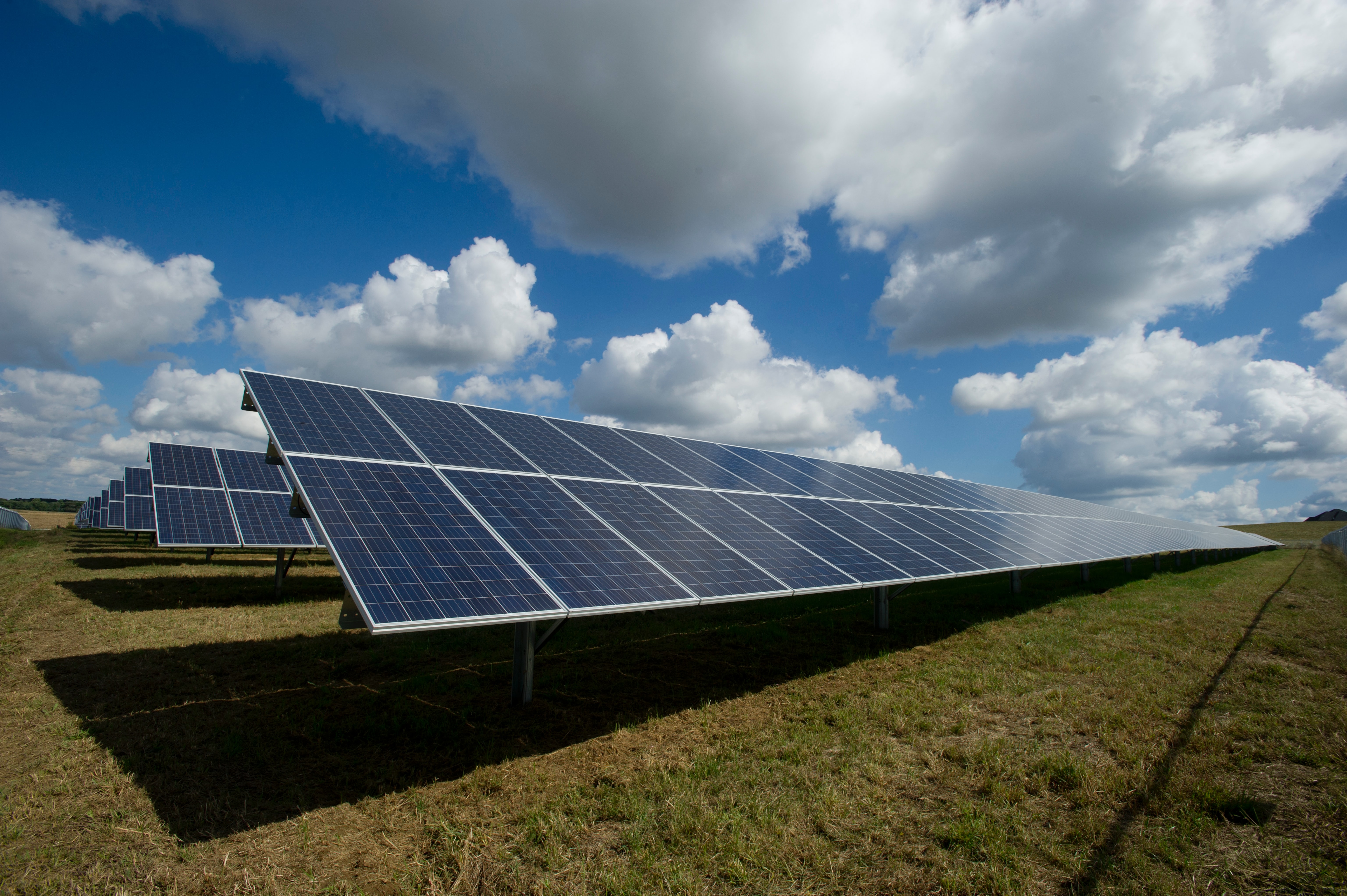Poland’s PKN Orlen pursues hydrogen hubs, refueling station network
Reading Time: 2 minutesPKN Orlen will establish nine hydrogen hubs for the production of low carbon fuel to be distributed around Poland, Czechia and Slovakia, the company announced. Poland’s strategic energy giant also plans to set up a network of 102 hydrogen refuelling stations in the three Central European markets as part of the EU strategy to reach carbon neutrality by 2050.
By 2030 the hydrogen production capacity of PKN Orlen’s five facilities in Poland, three in Czech Republic and one in Slovakia should reach approximately 50,000 tonnes. Most of the hydrogen plants will run on solar and onshore and offshore wind power sources, such as the company’s forthcoming offshore wind farm called Baltic Power which will produce 1.2 GW of power, the company’s head of alternative fuels development Grzegorz Jozwiak told its in-house newspaper. In Poland two of the hydrogen factories in Poland will convert municipal waste into hydrogen, as will one Czech facility.
The new plants are part of Orlen’s “Hydrogen Eagle” investment plan to enter the burgeoning European market for hydrogen. PKN Orlen CEO Daniel Obajtek has said these hubs will make the company as a regional leader in hydrogen fuel.
Orlen announced last May that it would deploy its first hydrogen refuelling stations for buses and cars at existing petrol stations in Poznan and Katowice. The decision to develop the facilities in those two Polish towns was based on local authorities’ interest in developing zero-emission public transport. The company said last September that it planned to buy its first hydrogen-powered locomotive, which will be unprecedented in Poland.
High natural gas prices have driven up the costs of traditional “grey” hydrogen, making the production of green hydrogen from renewable power sources more competitive. The high price of carbon in the EU’s emissions trading system has added an extra cost, too.
“Green hydrogen” is produced by splitting water molecules into hydrogen and oxygen with electrolysers powered by renewable energy. The result is a clean-burning fuel that is near “zero-carbon”, and can be used in heavy industry.
The EU’s fondness for new, low CO2 ways of producing hydrogen is growing, and production costs are poised to fall. By 2030 cost of green hydrogen could have plummeted from around EUR 6/kg to EUR 1.80/kg, European Commission President Ursula von der Leyen said at an event at the end of November.
Orlen announced its plan to sell refinery assets to Saudi Aramco and swap petrol stations with Hungarian energy company MOL – clearing the way for a takeover of Grupa Lotos – earlier this month. Poland’s ruling Law and Justice party wants to turn the firm into a strategic company capable of competing with global energy giants.
Source: NotesFromPoland, PetroPlaza.com, TheFirstNews

